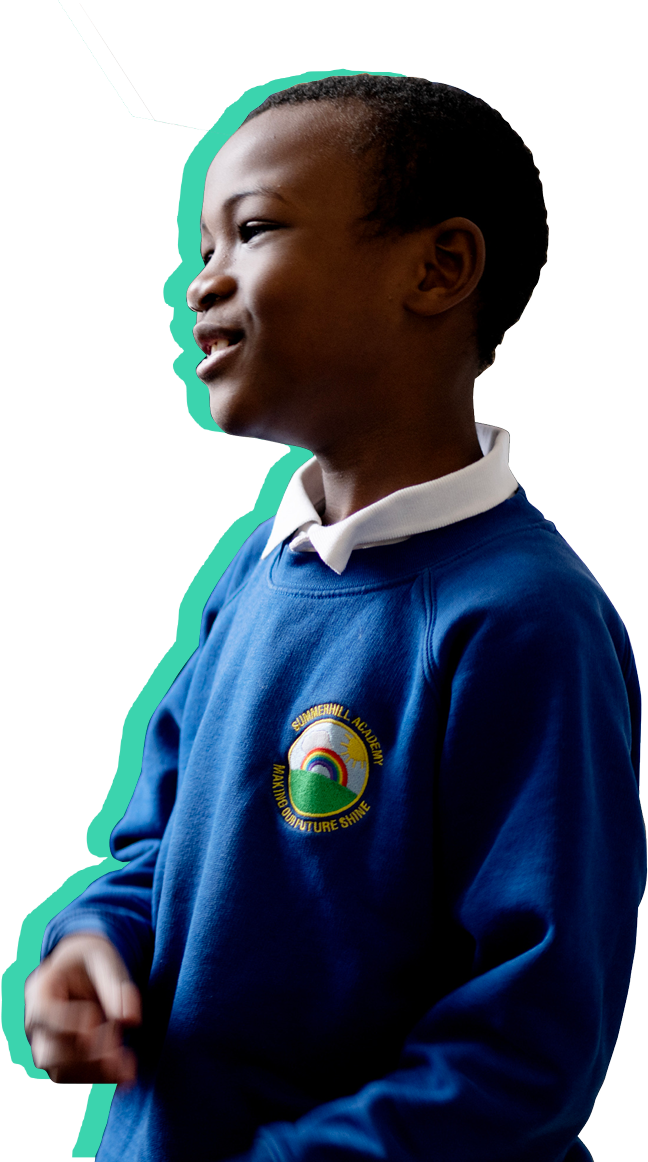
About Voice 21
Our national network of Voice 21 Oracy Schools is changing the education system as we know it.
We’re on a mission to transform the learning and life chances of young people through talk so that all children can use their voice for success in school and in life.
We exist to increase access to high-quality oracy education, particularly for those children that need it most. We achieve this by working in partnership with teachers and schools via our Voice 21 Oracy Schools membership.
By demonstrating the value and impact of oracy, our schools inspire others to provide a high-quality oracy education and, in doing so, make society a fairer, more equitable place where all voices are valued and heard.
No video selected
Select a video type in the sidebar.
-1.png?width=1280&height=720&name=13%20(2)-1.png)
What is oracy?

What is oracy? In school, oracy is a powerful tool for learning; by teaching students to become more effective speakers and listeners we empower them to better understand themselves, each other and the world around them. It is also a route to social mobility, empowering all students, not just some, to find their voice to succeed in school and life.
Through a high quality oracy education students learn through talk and to talk. This is when they develop and deepen their subject knowledge and understanding through talk in the classroom, which has been planned, designed, modelled, scaffolded and structured to enable them to learn the skills needed to talk effectively.
"That moment when our children realise that everyone is listening to them is really powerful. It helps them understand that they are a valued and important member of our community."
Chris Barratt, Headteacher
Summerhill Academy
.png?width=2240&height=1260&name=12%20(4).png)
Why oracy matters
Spoken language skills are one of the strongest predictors of a child’s future life chances but too many children are not given the opportunity to develop these crucial skills.
On entry to school, disadvantaged children’s spoken language development is significantly lower than their more advantaged peers
These gaps grow as children move through school. Widening from just a few months aged six, to five years’ difference by the age of 14.
On leaving school, children with poor verbal communication skills are less likely to find employment and more likely to suffer from mental health difficulties.
.png?width=200&height=200&name=Untitled%20design%20(70).png)